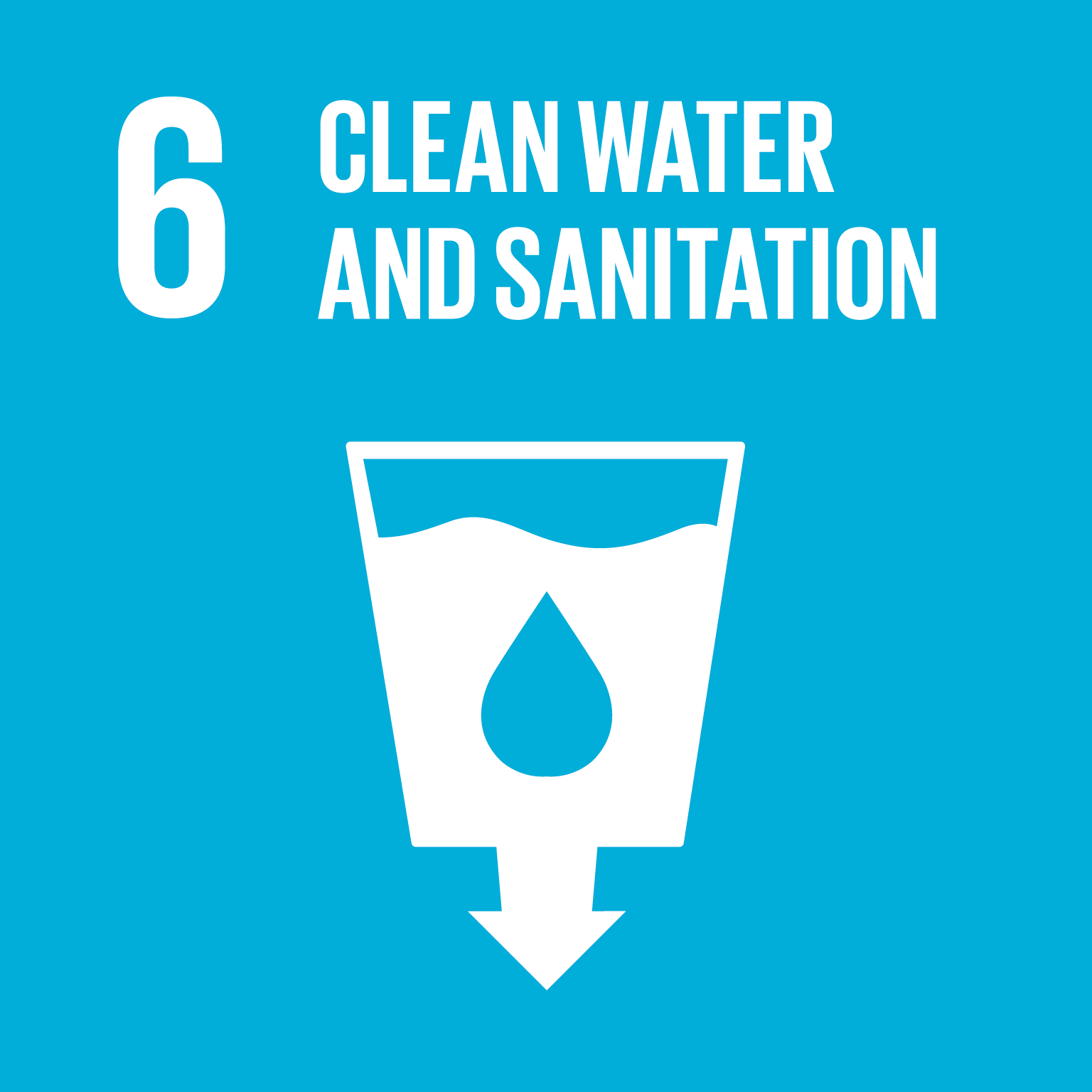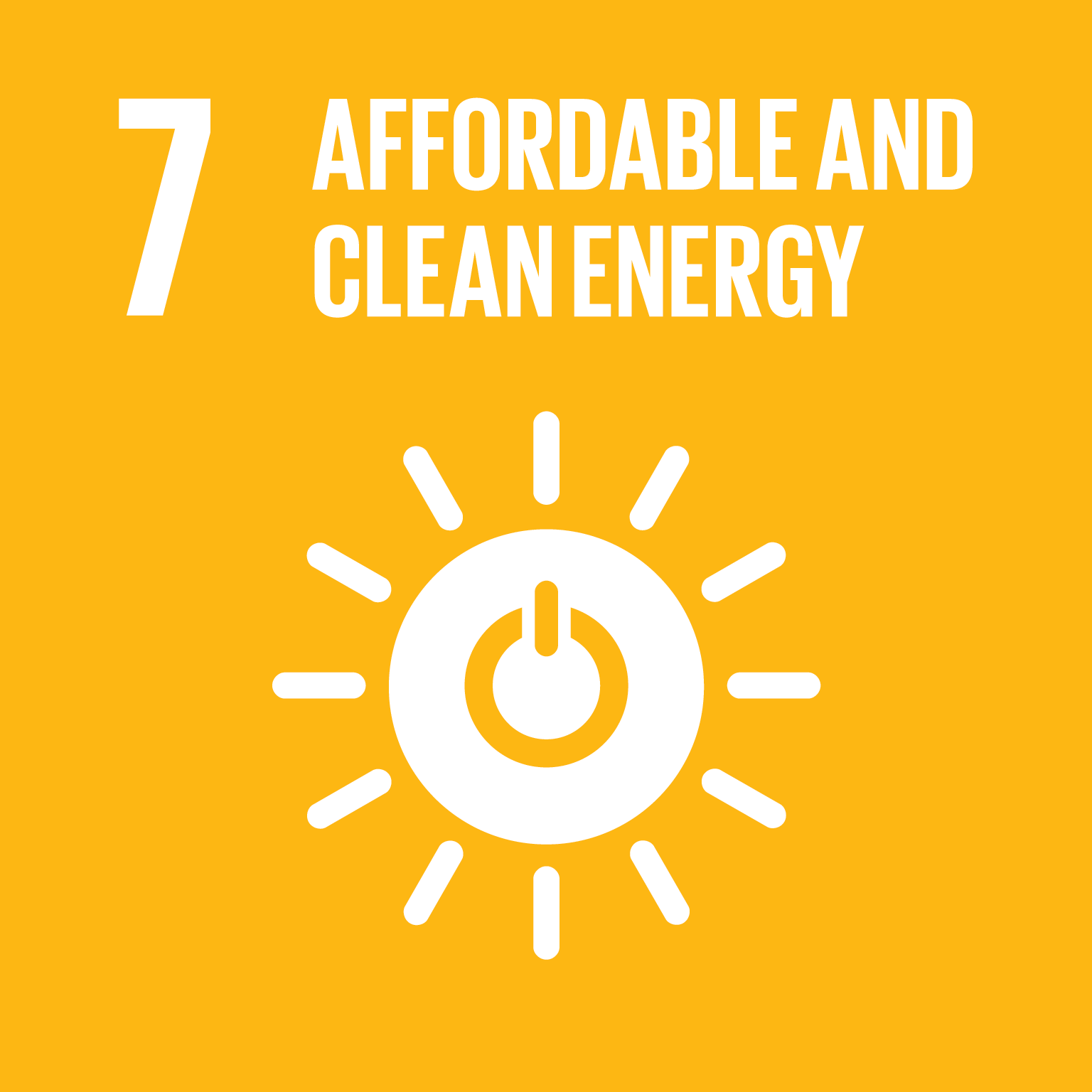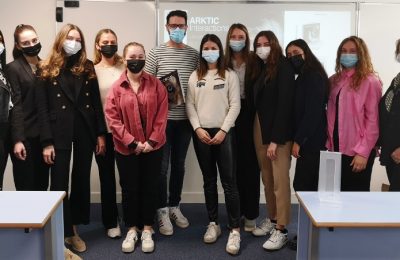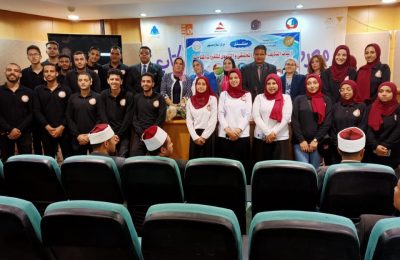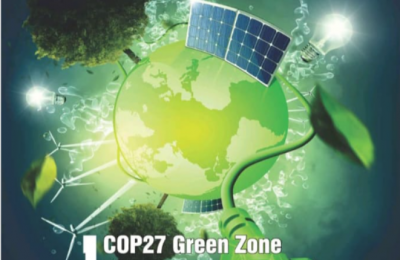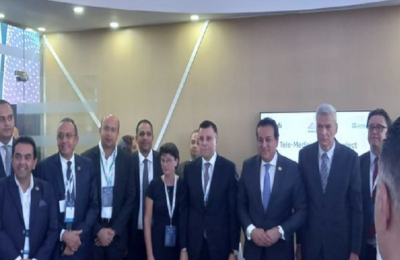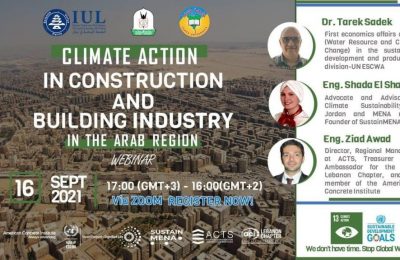Theme 1: Climate Change and Environmental Sustainability
The primary focus of this theme is to delve into the profound effects of climate change and its socio-economic and political implications for achieving environmentally sustainable development. The challenges associated with mitigating anthropogenic carbon dioxide emissions, which drive climate change, are intricately intertwined with the broader challenges of sustainable development and environmental sustainability. The escalating tension between humanity's quest for development and the finite "carrying capacity" of our planet is at the heart of this theme. Climate change has emerged as a critical global concern, prominently featured in multilateral fora, as demonstrated by its pivotal role in recent UN General Assembly discussions. Prospective panelists are encouraged to submit abstracts of papers that explore themes such as climate change impacts, strategies for environmental sustainability, the intricate relationship between environment and development, trade considerations in environmental preservation, and sustainable development.
Theme 2: Environment, Energy, and Water
This theme welcomes contributions encompassing various aspects of environmental engineering and management. Topics range from wastewater treatment, management, recovery, and reuse to solid waste management, disposal, and recycling. The role of communities in promoting recycling activities and fostering environmental awareness is a key area of interest. Additionally, the theme emphasizes the significance of regulations and environmental impact assessments that drive proper waste management, safeguarding the environment, human health, and fostering sustainable development. Case studies, especially from developing countries, and successful practices from developed nations, are encouraged to shed light on effective environmental problem management, information dissemination, and global technology transfer.
Theme 3: Renewable Energy Technologies
This theme addresses pivotal issues related to the contribution of Renewable Energy Technologies (RETs) in the energy sector. It encompasses technological advancements, innovations, policies, strategies, best practices, and the political, ecological, and social implications of integrating RETs. The focus is on sustainable development and the role of RETs in achieving it. Prospective contributions can cover a wide array of topics, including technological advancements in RETs, policy frameworks promoting their adoption, sustainable strategies for their deployment, and the broader socio-economic and ecological impact of incorporating RETs into the energy landscape.
Theme 4: Multi-Criteria Decision Making (MCDM) for Integrated Sustainability: Harmonizing Society, Economic Profit Cycle, and the Biosphere through Partnerships
This theme underscores the pivotal role of Multi-Criteria Decision Making (MCDM) as a foundational approach to effortlessly integrate sustainability throughout society, the economic profit cycle, and the biosphere. Recognizing the profound interconnectedness of these dimensions, the theme advocates for a comprehensive and holistic approach to sustainability. MCDM methodologies offer a structured framework for evaluating diverse criteria and decision-making factors, aiming to derive optimal and sustainable solutions. This theme invites researchers to present papers and abstracts exploring the immense potential of MCDM as an integrated approach to informed decision-making, considering sustainability holistically across societal, economic, and biospheric dimensions. The goal is to nurture insightful discussions, share knowledge, and propose actionable strategies that foster a harmonized and sustainable future.





